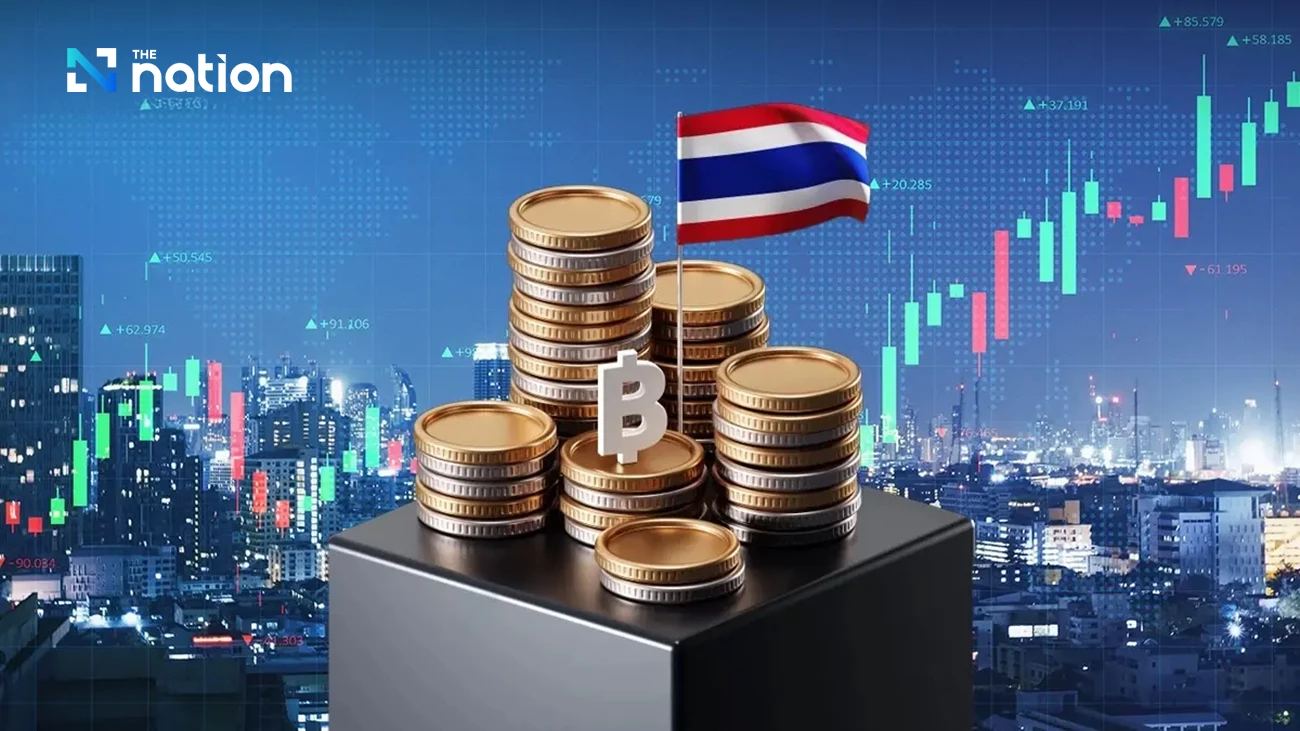TCC warns strong baht risks economy, exports and tourism
Poj Aramwatananont, Chairman of the Thai Chamber of Commerce (TCC), said the private sector is concerned about the baht’s continuous strength, which recently reached 31.70 baht per US dollar. This represents the fastest and sharpest appreciation in several years and runs contrary to the country’s real economic conditions. The stronger baht directly affects exports, tourism, and agriculture, which are key drivers of the economy.
Exports face tough competition, as higher Thai prices compared with rival countries impact sales and foreign income. Meanwhile, the tourism sector suffers as a strong baht raises the cost of visiting Thailand for international tourists, reducing travel incentives.
Agriculture is also hard hit, particularly for farmers dependent on exports, as costs and revenues no longer align with the currency. This is especially true for rice and field crops approaching harvest.

Poj explained that the baht’s unusual strength is not solely due to domestic factors but also external influences:
Weak US dollar – Markets expect the Federal Reserve (Fed) to cut interest rates, automatically strengthening regional currencies.
Gold prices – Thailand holds substantial gold reserves, and rising global gold prices prompt sales converted back into baht, increasing demand for the currency. Fund flows, potentially including cryptocurrency investment, also contribute.
Additional external pressures exacerbate vulnerabilities. US and EU trade retaliatory measures under review could weaken Thai exporters’ competitiveness, compounding the impact of a strong baht. Intervening in the currency is also limited.
Moreover, the Bank of Thailand’s (BOT) intensive baht management could draw scrutiny for “currency distortion,” especially from the US, which links the issue to trade negotiations. The situation is therefore delicate and requires careful policy planning.
The Thai Chamber of Commerce and the Joint Standing Committee on Commerce, Industry, and Banking (JSCCIB) have previously proposed separating the gold balance from exchange rate calculations to accurately assess currency impacts. They urged the BOT to manage the baht systematically, warning that unchecked volatility could undermine business competitiveness.
If the situation persists, even interventions using foreign reserves could be costly and potentially ineffective.
“The government and the BOT must urgently implement appropriate measures to keep the baht at a level that reflects the real economy and protects competitiveness, because the baht is currently overvalued,” Poj said.

Exporters fear strong baht shrinks orders
Thanakorn Kasetsuwan, President of the Thai National Shippers’ Council (TNSC), said the baht’s rapid and sharp appreciation—from 34 baht per US dollar to 32 baht per dollar—is significantly affecting exports, causing substantial losses in sales.
A one-baht gain in the baht can mean a loss of 10 million baht. For example, a US$10 million sale at 34 baht per dollar equals 340 million baht. If the baht strengthens to 32 baht per dollar—a two-baht rise—the same US$10 million sale yields 320 million baht, a loss of 20 million baht, or 5.8%, which is considerable, especially for products made entirely from domestic raw materials.
“Exporters are shocked by the speed of the baht’s appreciation. Large companies can cope through currency hedging, but medium and small exporters without capital will struggle and have to negotiate prices with competitors,” Thanakorn said.
For products using imported raw materials, calculations must be adjusted, as imports are paid in US dollars. A stronger baht means fewer baht are needed to pay the same dollar amount. Thus, companies with different import structures will experience varying impacts.
The baht’s strength is partly driven by foreign investor confidence, boosted by the presence of a strong government and a professional private-sector economic team. This has led to capital inflows for trading and speculation, although it is unclear whether this trend is temporary. Compared with rival countries, the baht has appreciated more sharply.
Additionally, the Bank of Thailand (BOT) must manage the baht to prevent further strengthening, as Thailand is an export-dependent economy. Maintaining balance is crucial, and the government must assess whether the currency trend is temporary or signals structural pressures.
Strong baht threatens long-term tourism and exports
Thienprasit Chaiyapatranun, President of the Thai Hotels Association (THA), said the baht is likely to remain strong over the long term. While the short-term impact on the high season at the end of 2025 may be limited, the long-term outlook is less favourable for tourism.
He noted that it is important to monitor the currencies of regional competitors, such as Vietnam, to see if their exchange rates move similarly to the baht. Otherwise, a stronger baht could give a competitive edge to rival destinations—similar to Japan, where a long-term weaker yen has boosted foreign tourism by making trips more affordable.
“I urge the Ministry of Finance and the Bank of Thailand to manage the baht appropriately. At present, it is overvalued. Ideally, it should remain around THB 32.5–33 per US dollar. If it strengthens too much in the short term, exports will suffer, and a long-term strong baht will affect tourism. While tourist arrivals may not fall, spending could decline because most visitors set a fixed budget for each trip every year,” he said.
Tightening baht hits exporters
Kriengkrai Thiennukul, President of the Federation of Thai Industries (FTI), said the baht’s strength is partly due to the weakening of the US dollar, as market participants anticipate a more accommodative monetary policy from the US Federal Reserve. Additional pressure comes from the continued rise in global gold prices.
The baht’s rapid and sharp appreciation—the strongest in four years—runs counter to Thailand’s real economic conditions and is detrimental to exports, tourism, agriculture, and SMEs. While imports, especially fuel, become cheaper, there is now a pressing need to stimulate exports. Allowing currency fluctuations that do not reflect economic fundamentals risks eroding the competitiveness of Thai businesses.

